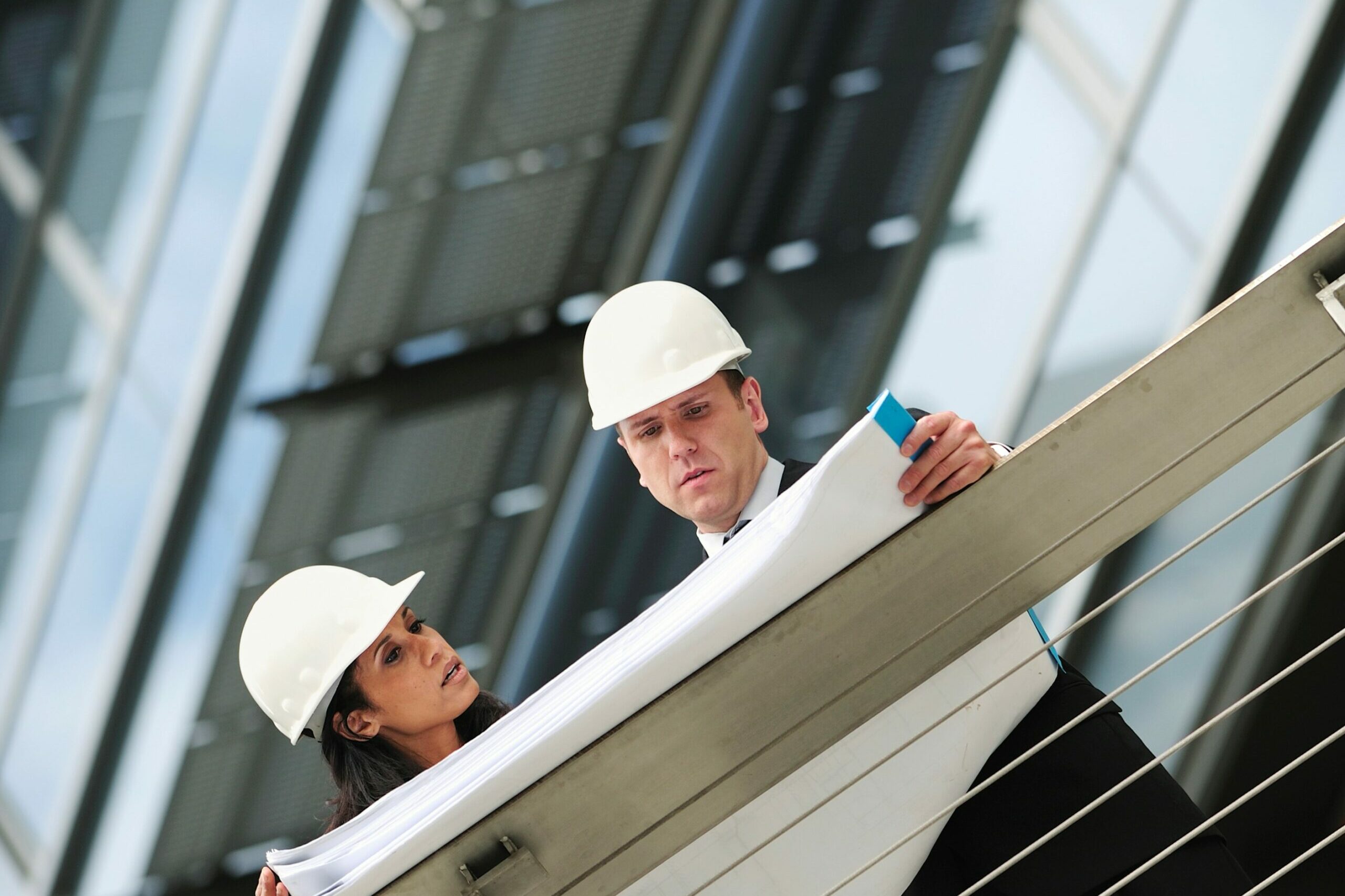By Maureen Bitter, Vice President of Marketing, Metrus Energy
Energy efficiency is increasingly being recognized as our sharpest weapon in the fight against climate change, given that it’s immediately deployable and arguably the most cost-effective way to reduce greenhouse gas (GHG) emissions. As the world leans more heavily into the renewable energy transition, equally important is remaining focused on energy efficiency – using less energy to perform the same task. Energy efficiency provides a range of benefits beyond reducing GHG emissions, including reducing demand for energy imports and lowering energy costs economy wide. According to the International Energy Agency (IEA), “Energy efficiency is one of the key ways the world can meet energy service demand with lower energy use, which is crucial in most of the [Intergovernmental Panel on Climate Change] GHG emissions pathways limiting global warming to 1.5 degrees C.”
That said, energy efficiency is often overlooked, despite ACEEE’s research showing that energy efficiency alone can save more than 50 percent of the GHG emissions needed in the United States to get the country halfway to our national climate goals. So why is it that more businesses aren’t embracing energy efficiency as a way to reduce energy costs? A key hurdle is that building efficiency retrofits and other sustainable energy upgrades all require significant upfront capital investment; net zero cannot be accomplished without an enormous influx of investment. The IEA estimates that by 2030, private investment will need to account for 70 percent of the projected $4 trillion investment in sustainable energy.
As a pioneer in the Energy-as-a-Service (EaaS) industry wherein the customer benefits from the energy solution without owning the equipment, Metrus was founded for the sole purpose of serving as a financial bridge to getting projects funded that might otherwise get pushed out or not done at all. Driving climate action by helping organizations save energy and reduce GHG emissions is at the core of everything we do. But an off-balance-sheet financing solution isn’t always the silver bullet for driving progress. We’ve found that the greatest barrier to prospects moving forward with an efficiency retrofit is doing nothing. It seems those #NetZero2050 pledges aren’t today’s priority. And we’ve learned from research that many customers don’t fully understand what EaaS is and how it can help.
Mission Efficiency believes there’s a need to improve the narrative on the benefits of energy efficiency, and we agree. Energy efficiency isn’t as easy to understand as solar, and it’s more complex to visualize, so part of the challenge could be that we haven’t been talking about energy efficiency in the most compelling way. There is an endless amount of research demonstrating that the key to effective business-to-business marketing is capturing and conveying emotion, in large part because we’re selling to people, not to companies. Yet we live in a complex category that, generally speaking, focuses on the mechanics of the solution and is laden with technical jargon, and perhaps isn’t appealing to the more emotional side of our energy decision makers. What would happen if we consistently connected energy efficiency to the human impact of the challenges we solve?
To test out our theory, we just launched a brand campaign with the goal of bringing Metrus’ solution to life in a way that simplifies its complexity, heralds the benefits, and inspires prospective customers to take action. With the tagline, “The energy upgrade that pays for itself,” the campaign reinforces Metrus’ commitment to spurring climate action and helping large organizations decarbonize faster by unlocking energy savings to fund upgraded, energy-efficient equipment. The focal point is a :60 brand video that leans into the benefits of Metrus’s solution and how Metrus helps make companies, and their buildings, better not just for the planet but for occupants as well.
The campaign objectives are to drive brand awareness and engage with energy decision makers through clear and uncomplicated messaging. We’re aiming to bring to life the human benefits of energy efficiency: improved indoor air quality, safer facilities, and more productive work environments. Because it’s widely recognized that energy efficiency measures alone have the potential to substantially curtail energy consumption and GHG emissions, the intent is to spread the word, inspire action, and ultimately bring us closer to achieving our national climate objectives.
About the author: Maureen Bitter is the Vice President of Marketing for Metrus Energy. Metrus removes the financial barriers to energy efficiency and clean energy projects through the efficiency-as-a-service model.

